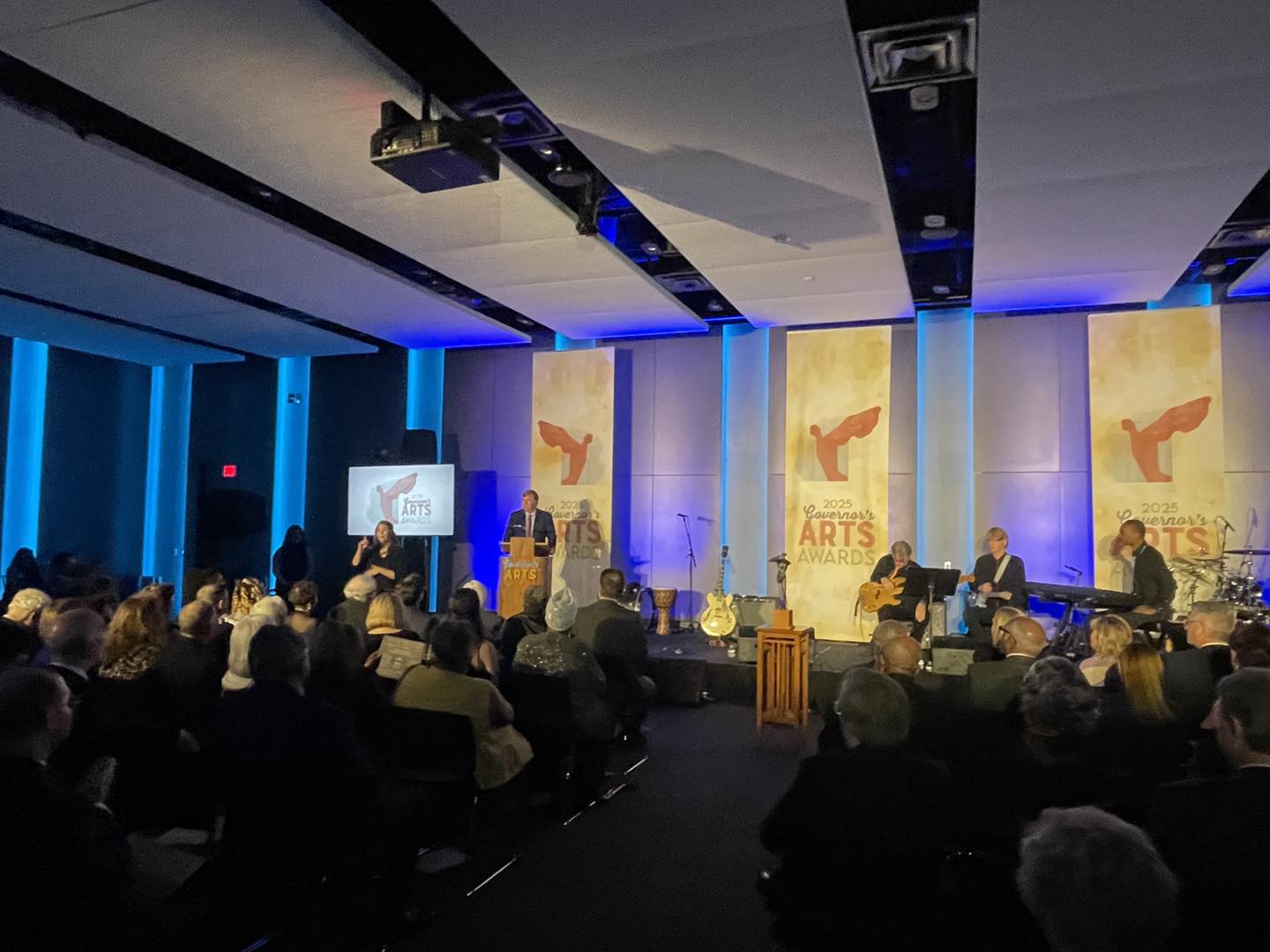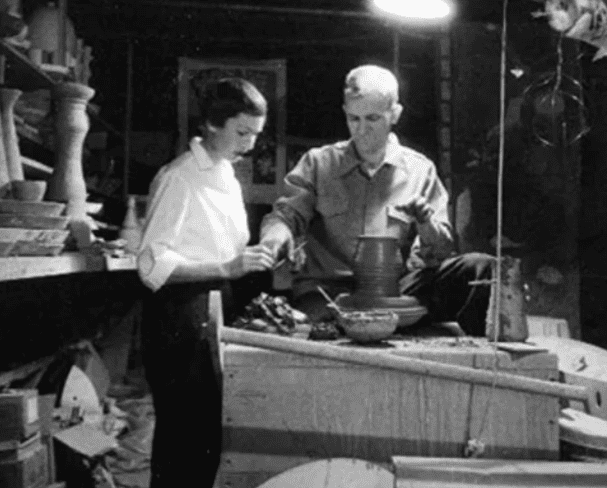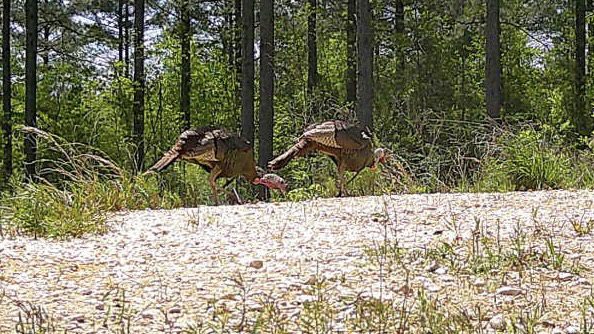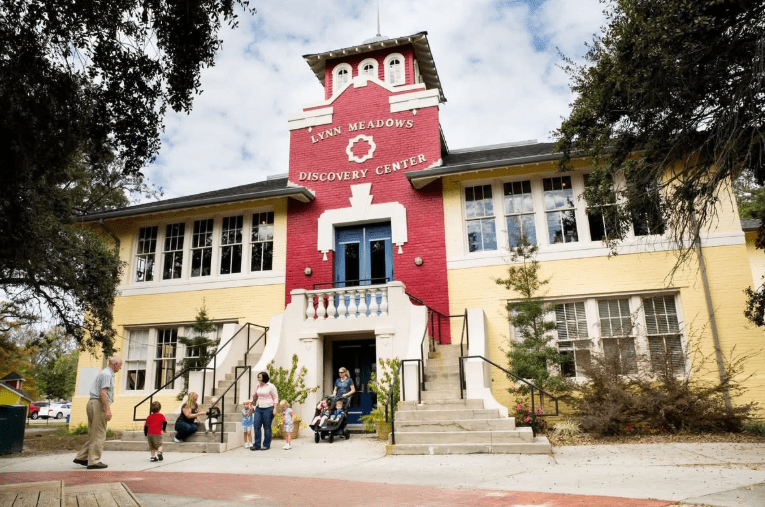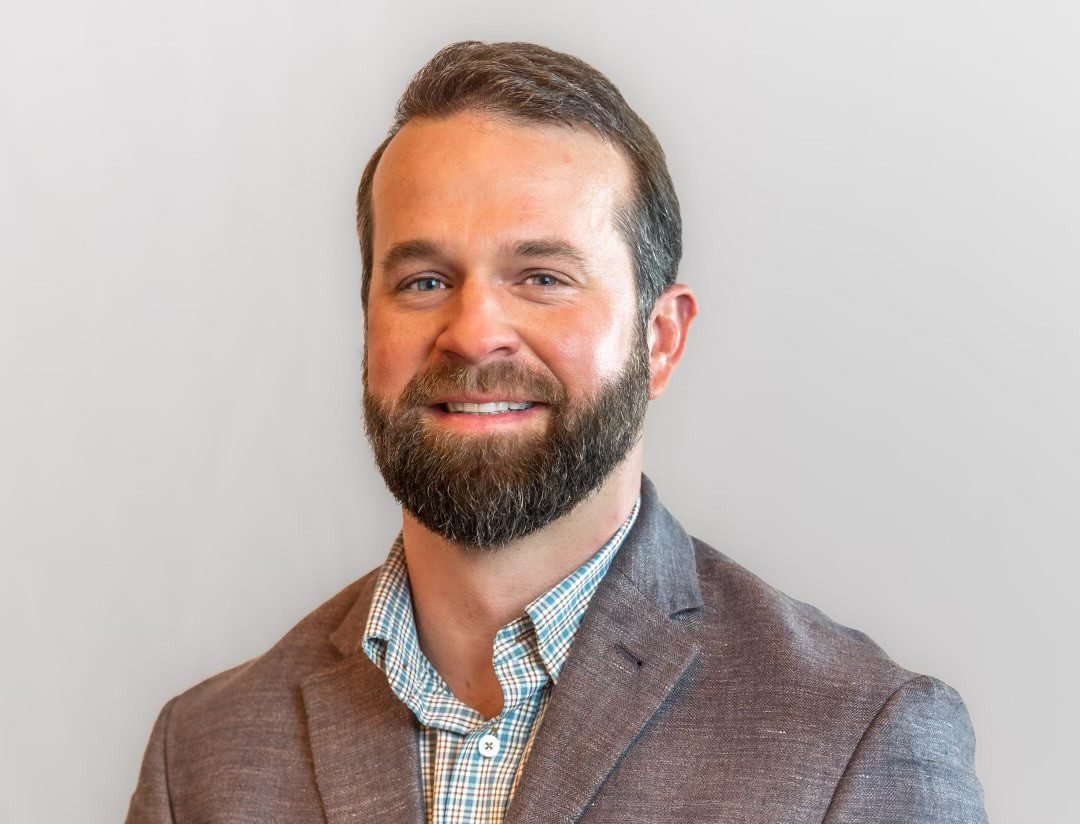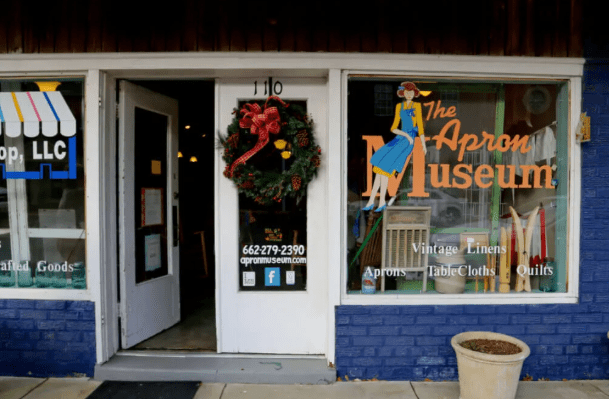
(Photo from Visit Mississippi)
- “Our museum is a place of conversation, a place where you can slow down and visit someone with no strings attached,” says Carolyn Terry.
Museums are places where visitors can explore the past, dream of the future, or learn something new.
Sometimes museums celebrate the mundane items we use every day, elevating them to a new status. Such is the case at the Spam Museum in Minnesota, the National Mustard Museum in Wisconsin, or the Hair Museum in Missouri.
Sometimes the museums explore objects that are a bit more mysterious, like the UFO Museum in New Mexico or the Mutter Museum in Pennsylvania with its body parts and antique surgical tools.
Mississippi has its fair share of museums, as profiled in a guidebook by Richelle Putnam and Diane Williams, A Guide to Mississippi Museums (published January 2024, Arcadia Publishing/History Press). Over 300 Mississippi museums are featured in the book, including the Apron Museum in Iuka, Mississippi, the brainchild of museum curator Carolyn Terry.
Carolyn Terry says she came alive at age 55. The Chicago native spent her entire career working for attorneys.
“There was nothing creative about it.”
After a divorce, Carolyn moved back to Mississippi, where she was born, with her children to begin her new life. Carolyn has been married to her husband, Henry, for almost thirty years, and the couple has created a great life in Tishomingo County.
“My roots run deep and long in Mississippi. All my relatives are connected to Mississippi. However, like many people from the South, my parents moved to Chicago for work; so that is where I grew up for the most part. We made plenty of trips back to the South so I feel connected to both.”
Owners of the only Apron Museum in the United States (and perhaps the world), Carolyn and Henry welcome visitors from around the globe.
“It’s amazing how an ordinary, everyday object is so interesting to so many,” muses Carolyn. “We are just sitting here in Iuka, Mississippi, meeting the world.”
The museum wasn’t planned.
“It just kind of happened,” says Carolyn. It started with her love of books.
“I’m a book person. My son and I have always loved going to estate sales and auctions, and we buy old books and bookcases.”
Along the way, Carolyn began collecting antiques to sell – mostly vintage items that sparked nostalgic memories. That included vintage tablecloths, quilts, and aprons.
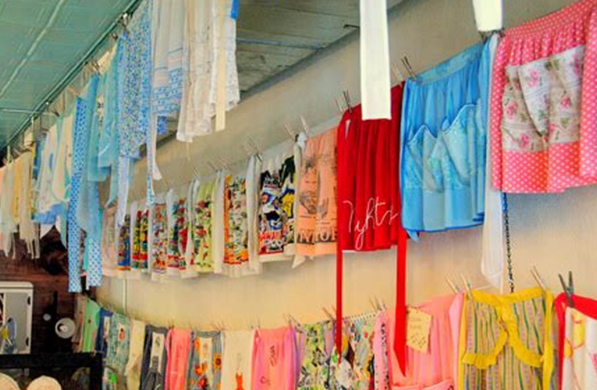
Henry and Carolyn bought a block of four 100-year-old buildings in downtown Iuka.
“I just wanted the space to store my books. We lived in a small house, and I also needed a place for things I wanted to do – like genealogy. I thought I would eventually open a bookshop and a coffee shop.”
When a local lady had an apron collection she wanted to sell, Carolyn Googled aprons and learned about a woman doing an apron show at the Dallas Women’s Museum.
“We drove to Dallas to see her exhibit of 100 aprons. She also had a book about aprons, which is one of my favorites.”
That trip gave Carolyn some inspiration to open an apron museum.
“We thought a small apron museum would be a good front for a bookstore.”
Carolyn opened the doors in 2006.
“I really had no idea what that meant. It was eight years before we put the words ‘Apron Museum’ on the window. We started with a small rack in the back with twenty aprons. It opened during the annual quilt show at the church across the street. We owned the building, so we had no overhead.”
Carolyn says she sold things at an affordable price and when she needed business cards, she handmade them out of scrap paper.
The museum turned out to be way more popular than she had ever imagined. People began donating aprons and the collection began to grow. Carolyn estimates there are easily 5000 aprons in the museum. While many of the aprons are for display only, there is a selection of vintage and locally made aprons for sale.
“We tried being just a museum, but women need to shop!”
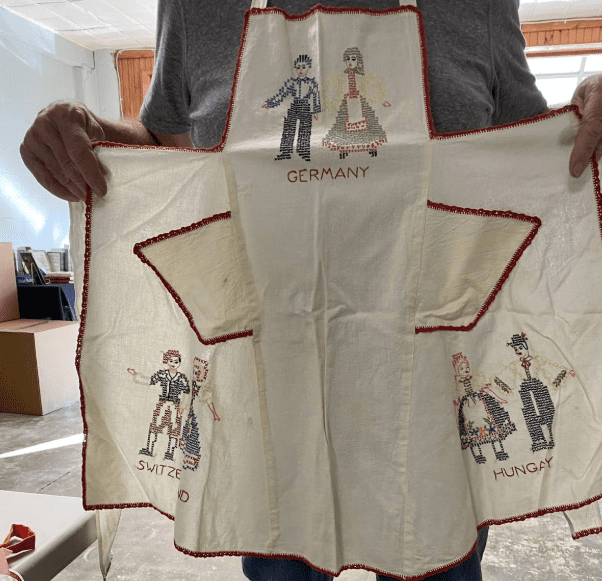
She has now expanded into a second building where vintage and new aprons, along with unusual finds, can be found.
“Things are always changing here,” she laughs.
Henry and Carolyn love to travel, and they accumulate more aprons in antique shops from Maine to Santa Rosa, California. As word has gotten out about the Apron Museum, Carolyn says she has received more aprons than she can handle. She launders each apron and makes any repairs herself.
“We are about 1000 aprons behind,” she says.
Gale Jamieson, an artist with the Pennsylvania School of Art & Design has now donated eight boxes totaling 380 Aprons, which is still 10 Aprons short of the museum’s largest donation. A movie set director in California sent her collection of 83 aprons along with their stories. Carolyn creates handwritten tags each one with the donor’s name, as well as the history of its location and use.
“Aprons are art, fashion, and history,” explains Carolyn. “I like the history. Aprons are the only man-made objects that have been right in front of us for centuries. I think I have every book ever written on aprons.”
Carolyn says one of the most complete research papers on aprons is the thesis “The Language of Aprons,” by Dr. Avis Carol Smith at the University of South Australia.
In 2019, she and Henry presented an apron symposium, which drew people from all over the country to Tishomingo County. Carolyn’s daughter invited Stephanie Courtney, the actress who plays “Flo” in advertisements for Progressive Insurance, to the symposium. While Stephanie wasn’t able to make it, the company sent one of the iconic aprons to be auctioned off, signed, of course, by “Flo.” Along with the apron came a letter from Jeff Sible, who heads public relations for Progressive.
“Aprons have a long history of hard-working service, protection, and care. When you tie on an apron, you’re ready to dig deep…to make things a little better than they were yesterday. So, at its core, an apron symbolizes progress.”
Carolyn says the museum is a showcase of a common textile that people remember.
“Our museum is a place of conversation, a place where you can slow down and visit someone with no strings attached. No fees are charged and there is no pressure to buy anything. It’s a place to simply enjoy reminiscing and talking about art, fashion, and history.”


